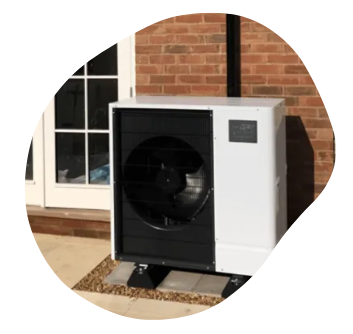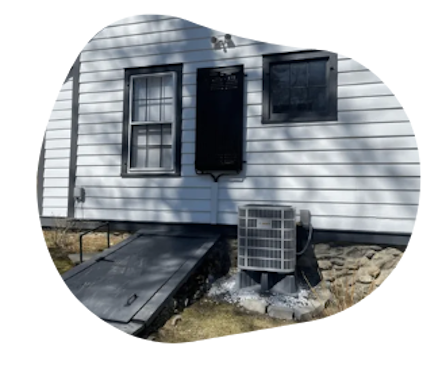Heat Pump Solutions
Heat Pump Solutions
Heat pumps are versatile and energy-efficient systems used for both heating and cooling buildings. They work by transferring heat between the indoors and the outdoors, rather than directly generating heat, making them particularly efficient for climate control.
How Heat Pumps Work
Heat pumps operate using heat transfer. Using a refrigeration cycle similar to that of an air conditioner, they move heat from a cooler area to a warmer area, making the cool area cooler and the warm area warmer. During colder months, heat pumps extract heat from the outdoor air or the ground and move it indoors. In warmer months, this process is reversed to cool the building by removing heat from the indoors.
This principle means that your home is always comfortable and at the temperature that you want.
Advantages of Heat Pumps
Energy Efficiency:
Heat pumps are more efficient than systems that generate heat through combustion, often delivering 1.5 to 3 times more heat energy than the electrical energy they use.
Cost-effectiveness:
Despite higher initial costs, the operational costs of heat pumps are generally lower, and they can provide significant savings on energy bills.
Environmental Impact:
Heat pumps have a smaller carbon footprint than conventional heating systems, especially when powered by renewable energy.
Versatility and Convenience:
The same system can be used for both heating and cooling, reducing the need for separate systems.
Considerations
Climate Suitability:
The efficiency of air-source heat pumps decreases in extremely cold weather, although newer models are improving in this regard.
Initial Investment:
Installation, especially of ground-source heat pumps, can be costly and involves significant upfront investment.
Site Requirements:
Installation of ground-source heat pumps requires suitable land for drilling, which might not be available in all settings.
RENEWABLE SERVICES



